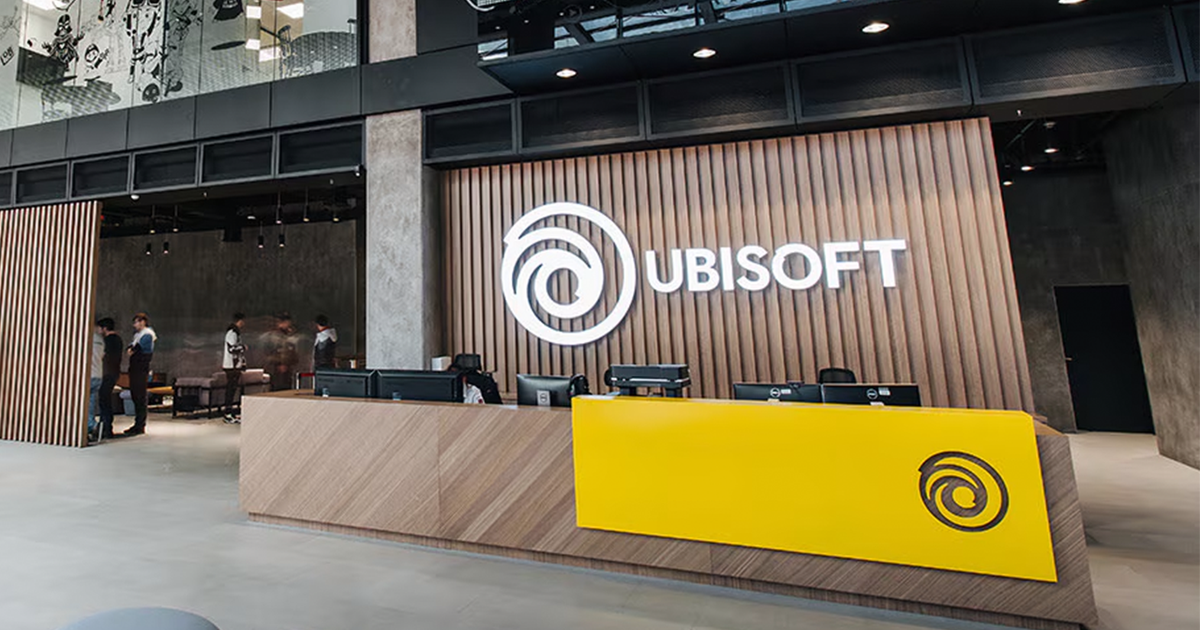Unveiling the Shadows: Harassment Allegations Against Former Ubisoft Executives
The recent trial in France involving former top executives from Ubisoft, the renowned video game giant behind titles like “Assassin’s Creed” and “Far Cry,” has cast a stark light on the dark underbelly of the gaming industry. Accusations of psychological abuse, sexual harassment, and attempted sexual assault have surfaced, painting a disturbing picture of a toxic work environment that allegedly persisted for years. This landmark case is seen as a significant #MeToo moment for the male-dominated video game industry, which has long faced criticism for its treatment of women and minorities, both in the workplace and in the games it produces.
The Accused: Power and Abuse
The three former executives at the center of the trial are Serge Hascoët, former Chief Creative Officer; Thomas “Tommy” François, former Vice President of Editorial and Creative Services; and Guillaume Patrux, a former Game Director. These individuals, once holding positions of considerable power within Ubisoft, are now facing serious allegations that could have far-reaching consequences for their careers and the company’s reputation.
François faces the most severe accusations, including allegations of systemic psychological and sexual harassment. He is accused of creating a hostile environment in Ubisoft’s Paris offices, where he allegedly watched pornographic films in open-plan workspaces, made inappropriate comments about female employees’ appearances, and even attempted to forcibly kiss a young employee during a Christmas party while she was being restrained by colleagues. Furthermore, François is accused of pressuring a newly hired employee to perform a handstand in an open office while wearing a skirt, and tying the same woman to a chair and sending her to another floor in an elevator.
Hascoët, who resigned from his position in 2020, is accused of making repeated sexist and harassing comments, including suggesting in a meeting that he should have sex with a senior employee who was irritating him “to show how to calm her.” He also allegedly handed a young female employee a used tissue, telling her, “You can resell this, it’s worth gold at Ubisoft.” In a particularly disturbing incident, Hascoët allegedly asked a Muslim employee after the 2015 Paris attacks if they “supported” ISIS.
Patrux, who was fired after an internal investigation, is accused of psychologically harassing employees. The alleged incidents include punching walls, miming hitting staff, cracking a whip near colleagues’ faces, and even setting a man’s beard on fire. He also allegedly drew swastikas on a woman’s notebook as he sat near her in a meeting.
All three men deny the allegations against them.
A Culture of Impunity: The Ubisoft “Omerta”
The trial has raised serious questions about Ubisoft’s role in fostering a work environment where harassment and abuse could flourish. Critics argue that the company’s leadership turned a blind eye to the misconduct, creating a culture of impunity that emboldened the perpetrators and silenced the victims.
The French videogame workers union STJV has stated that the trial is too limited in scope and that “this trial should also have been Ubisoft’s.” They argue that an “omerta” (a code of silence) had become a management method at Ubisoft, preventing victims from speaking out and holding abusers accountable.
According to reports, Ubisoft CEO Yves Guillemot previously referred to some of the accusations as “generational differences of opinion” and “creative friction,” downplaying the severity of the alleged misconduct. While Ubisoft launched an internal inquiry in 2020 after anonymous testimonies emerged on social media, some employee groups and affiliated trade unions maintain that the publisher’s efforts to correct its company culture have been “carefully limited.”
The Victims’ Voices: Fear and Humiliation
The trial has provided a platform for the victims to share their experiences of fear, humiliation, and psychological distress. Testimonies have revealed a pattern of near-daily public humiliation, hazing, and abuse that created a toxic atmosphere within Ubisoft’s offices.
Many employees reportedly refused to file complaints for fear of reactions from the video game community. This fear highlights the power dynamics at play and the challenges faced by individuals who dare to speak out against powerful figures in the industry.
One employee likened the office atmosphere to “a boys’ club above the law,” where executives felt entitled to engage in misconduct without consequence. This sentiment underscores the need for systemic change to address the root causes of harassment and abuse in the gaming industry.
Legal Repercussions and Industry Impact
The prosecutor has called for suspended prison sentences and fines for all three former executives, describing the accusations as “extremely serious.” The public prosecutor’s office requested an 18-month suspended prison sentence and a €45,000 fine against Serge Hascoët; one year’s imprisonment and a €10,000 fine against Guillaume Patrux; and a suspended sentence of three years in prison as well as a €30,000 fine against Thomas François. The verdict is expected on July 2, 2025.
Regardless of the trial’s outcome, the case has already had a significant impact on Ubisoft and the broader gaming industry. The allegations have tarnished Ubisoft’s reputation and led to increased scrutiny of its workplace culture. The company has taken steps to address the concerns, including implementing new policies and training programs, but critics argue that more needs to be done to create a truly safe and inclusive environment for all employees.
The Ubisoft trial serves as a wake-up call for the gaming industry, highlighting the need for greater accountability and transparency. It is a reminder that harassment and abuse can have devastating consequences for victims and that companies must take proactive steps to prevent and address such misconduct.
A Call for Change: Towards a Safer Gaming Industry
The Ubisoft harassment scandal underscores the urgent need for cultural change within the gaming industry. This includes:
- Promoting diversity and inclusion: Creating a more diverse workforce can help to challenge the “boys’ club” mentality and create a more equitable environment for all employees.
- Strengthening HR policies and procedures: Companies need to implement robust HR policies and procedures that clearly define what constitutes harassment and provide effective mechanisms for reporting and addressing misconduct.
- Providing training and education: Employees at all levels should receive training on harassment prevention, bystander intervention, and respectful workplace conduct.
- Holding perpetrators accountable: Companies must take swift and decisive action against individuals who engage in harassment or abuse, regardless of their position or status.
- Supporting victims: Providing victims with access to counseling, legal assistance, and other resources can help them to heal and rebuild their lives.
By taking these steps, the gaming industry can create a safer and more inclusive environment for all, where employees are treated with respect and dignity.
Conclusion: A Turning Point?
The Ubisoft harassment trial represents a pivotal moment for the gaming industry. It is a chance to confront the toxic behaviors that have plagued the industry for too long and to create a more equitable and respectful environment for all. While the road ahead may be long and challenging, the trial offers a glimmer of hope that meaningful change is possible. The courage of the victims who have come forward to share their stories is an inspiration to us all. It is now up to the industry to listen, learn, and take action to ensure that such abuses never happen again. Only then can the gaming industry truly live up to its potential as a source of creativity, innovation, and entertainment for all.

